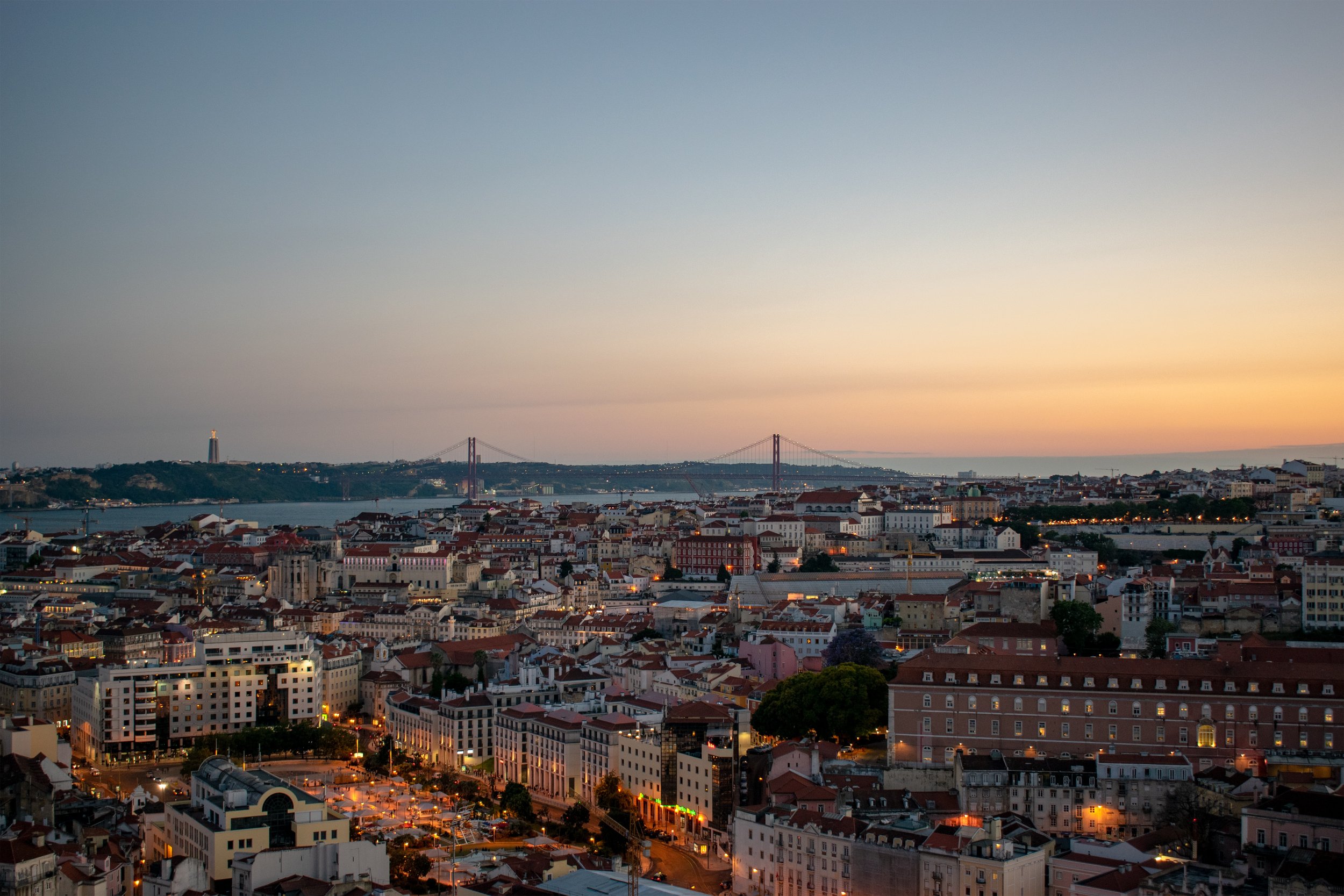The freedom to travel while you work in italy
As summer comes to its close, and you resume your fall routines and post vacation back-to-reality life, there’s a bitter-sweet quality to this time of year.
On the bright side, the shorter days and cooler temperatures welcomes back spectacular fall foliage, a multitude of delicious zucca-based (squash) dishes and way more interesting fashion choices into our wardrobe. However, if you’re anything like me, by the time I am pulling out those early fall sweaters, I find myself wistfully reminiscing about warmer climes and the magic of an Italian summer holiday–already seemingly a distant memory.
Oftentimes, towards the end of a holiday, I have wondered: What would it be like to just throw caution to the wind, quit my job and stay in Italy beyond the vacation? I am sure I am one of many who have pondered the prospect. Personally, I have always been interested in looking behind the veil of “La Dolce Vita” and getting a real taste of Italian local life, especially once the summer has ended and the crowds of tourists disperse. Nowadays, fortunately, that’s not as risky a prospect as it once was. What if, instead of packing your bags at the end of a vacation and heading home, you don’t have to quit your job or abandon your business and you extend that stay in exchange for a digital nomad experience in Italy?
In this upcoming blog post series, I explore precisely this very real option as il Bel Paese is amongst the many European countries working hard on attracting digital nomads from across the globe. In an effort to revitalize and repopulate shrinking towns and hamlets, or give summer hot-spots some life throughout the year, the Italian government approved the Digital Nomad Visa in March 2022 permitting applicants one-year stays where they can live, work and spend their Euros. Naturally, between the new government and just good ol’ Italian bureaucracy, we are still waiting for the details to unfold and this highly anticipated Visa to be rolled out.
Fortunately, you don’t need any designated work permit to indulge in this experience as long as your stay doesn’t exceed 90 days. In fact, there are entrepreneurial Italians who are offering digital nomads this precise opportunity with one to two-month sojourns in Italy’s lesser-known places.
Digital Nomadism 101
The concept of living and working while travelling with your laptop untethered by the constraints of conventional working life, which include corporate offices, car payments and most importantly, little-to-no vacation time, had its beginnings in the late 2000s. The draw of migrating to less expensive places freed up funds for more travel and living across the globe in places like Thailand or Tenerife. Now the digital nomadism phenomenon has grown exponentially thanks to the pandemic and companies making the option of remote work the rule and no longer the exception.
“ 93% of those interviewed would prefer to work remotely in Italy in more rural areas perceiving a much higher quality of life in the country.””
City vs. Country
While centres like Lisbon or Florence initially attracted travelling workers for its vibrant culture and city life offerings, the 2022 Digital Nomad Report conducted by the Associazione Italiana Nomadi Digitali and AirBnb found that 93% of those interviewed would prefer to work remotely in Italy in more rural areas perceiving a much higher quality of life in the country. This explains why 43% choose southern Italy and its islands over the 14% who choose central Italy and 10% in the North. General Manager of the Association, Giovanni Filippi, however, points out the promise and challenge of this recent rural uptick, “The Internet service is one of the pain points in our mission to help rural areas attract digital nomads,” says Filippi. “However, by raising awareness about the issues and increasing the network of people who see the value of the digital nomad movement, we will be able to increase the offer and create the ideal conditions to live and work from Italy.”
Presently, well-established hot spots in Europe like the island of Medeira, the first digital nomad village in Europe, and the ever-popular Tenerife are overrun by remote workers who tend not to integrate. Instead they stick with each other and are seen by locals as the major cause to the rising cost of living expenses. Increasing the options to untapped territories in small, contained groups who actually want the local experience is a preferred way to go.
If you find yourself contemplating an extended stay to your Italian holiday, know that there are plenty of viable options for you to incorporate work, play and your passion for Italy without skipping a beat.
Sounds like a win-win situation to me.






